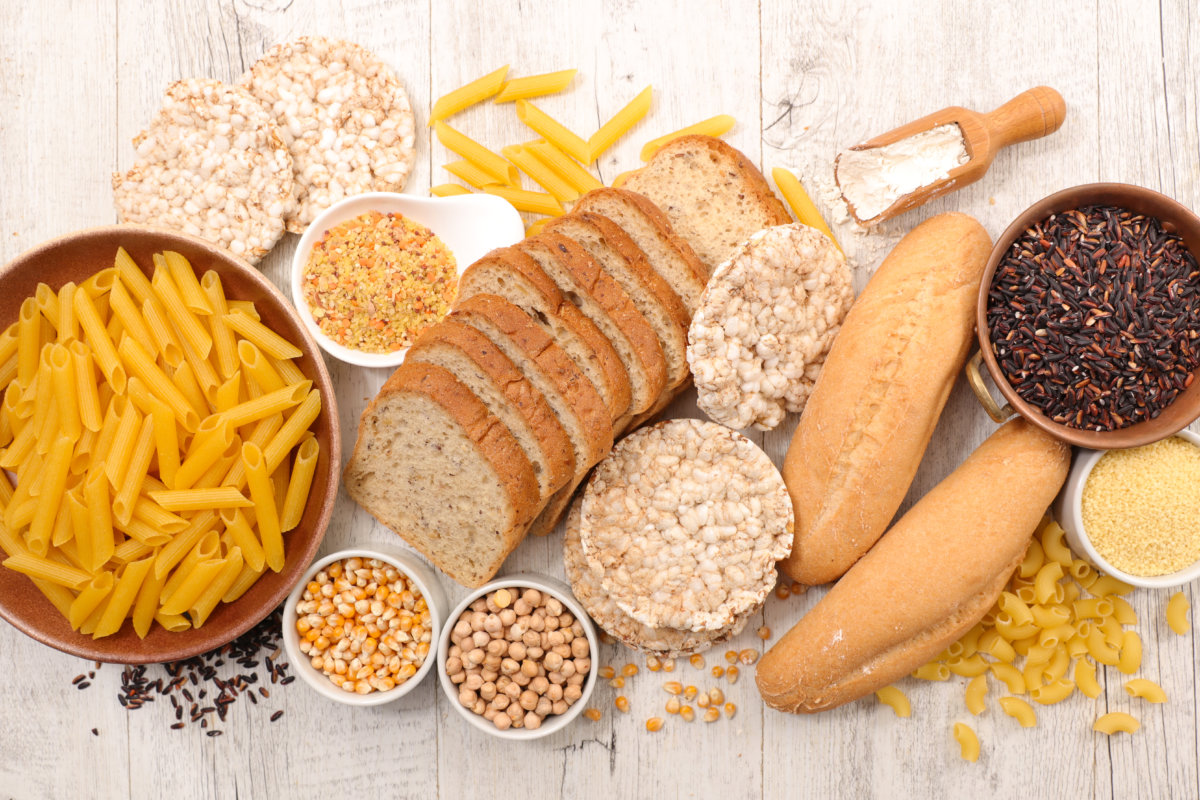Every year, September 13 is reserved for National Celiac Disease Awareness Day. Far too many Americans just aren’t educated on celiac disease, its symptoms, or its treatments. Roughly two million Americans, and one percent of the world’s population, suffer from the disease. Essentially, celiac disease is an immune reaction to consuming gluten. Gluten is a common protein found in wheat, barley, and rye. Because it is so prevalent in cooking, those with a gluten allergy often have a harder time selecting items from menus. While there is no known cure for celiac disease, it can be managed by following a strict gluten-free diet. But what are the symptoms and how can you tell if you may be experiencing them?
Check Out This Gluten-Free Recipe
Symptoms of Celiac Disease
Indigestion and Diarrhea
These are the classic, telltale signs of celiac disease. If you feel these symptoms shortly after eating a grain-heavy meal, you may want to consult your doctor. These are fairly common ailments for other problems, so don’t panic; it’s just a possibility to consider. Ordinary antacids and medicine like Pepto-Bismol or Imodium can help alleviate these symptoms.
Vomiting
On the other side of the digestional spectrum, vomiting may occur if you suffer from celiac disease and consume gluten. This is one of your body’s ways of expelling something harmful.
Bloating and Gas
See where we’re going with this? Most of the common celiac disease symptoms involve something to do with the digestion system. Gluten can cause gassiness and bloating and an overall uncomfortable experience after eating.
Other symptoms include fatigue, weight loss, abdominal pain, nausea, and constipation. It’s important to remember that celiac disease requires a medical diagnosis from your doctor and you should not diagnose yourself.
Treatments for Celiac Disease
Since there is no cure for the disease, the only viable treatment is to follow a strict diet. Avoiding gluten isn’t as easy as it sounds, but more and more establishments have become aware of gluten allergies and are offering safe alternatives. It’s best to be educated on what you are eating and know what will and won’t cause a reaction. Never be afraid to ask your server or read the ingredient label at the supermarket. The good news is that celiac disease is almost never fatal. If you are careful with what you eat, you should experience a mostly normal life, However, some damage can be done to your body if too much gluten is consumed and this can lead to complications later in life. Moral of this story? Just be mindful at the dinner table!
